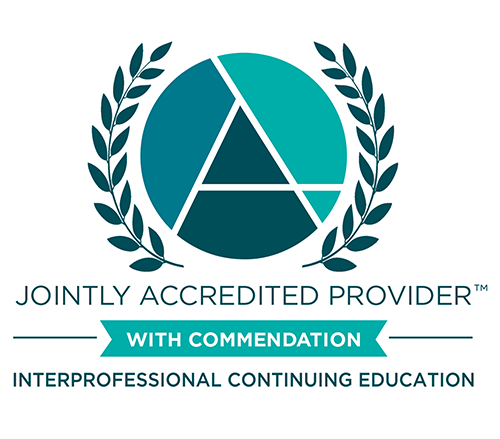Management of Acute Bleeding on Anticoagulant Therapy - Anne Rose, PharmD
Bleeding is the most common adverse drug event associated with anticoagulants and life-threatening bleeding requires emergent reversal of the anticoagulant effect. This session will cover reversal strategies for all anticoagulants but will focus on the direct oral anticoagulants (DOACs). It will also cover when to resume anticoagulation after a major bleeding event.
Learning Objectives
As a result of this session, learners will be able to:
- Describe available reversal agents for oral anticoagulants.
- Compare the data for prothrombin complex concentrates (PCC) and andexanet alfa for reversal of direct oral anticoagulants (DOACs).
- Identify when to resume anticoagulation after a major bleeding event.
FACULTY DISCLOSURE
It is the policy of the University of Wisconsin–Madison ICEP that the faculty, authors, planners, and other persons who may influence content of this CE activity disclose all relevant financial relationships with commercial interests* in order to allow CE staff to identify and resolve any potential conflicts of interest. Faculty must also disclose any planned discussions of unlabeled/unapproved uses of drugs or devices during the educational activity. For this educational activity all conflicts of interests have been resolved and detailed disclosures are listed below:
Click here to view the Planning Committee Disclosures.
Jessica Carlucci-Jenkins, BA: No relevant relationships to disclose in regard to this activity.
* The ACCME defines a commercial interest as any entity producing, marketing, re-selling, or distributing health care goods or services consumed by, or used on, patients. The ACCME does not consider providers of clinical service directly to patients to be commercial interests.
Disclosure of Unlabeled Use: The University of Wisconsin–Madison ICEP advises the participant that this continuing medical education activity may contain reference(s) to unlabeled or unapproved uses of drugs or devices
Accreditation Statement
 | In support of improving patient care, the University of Wisconsin–Madison ICEP is jointly accredited by the Accreditation Council for Continuing Medical Education (ACCME), the Accreditation Council for Pharmacy Education (ACPE), and the American Nurses Credentialing Center (ANCC) to provide continuing education for the healthcare team. |
Credit Designation Statements
American Medical Association
The University of Wisconsin–Madison ICEP designates this live activity for a maximum of 1.0 AMA PRA Category 1 Credits™. Physicians should claim only the credit commensurate with the extent of their participation in the activity.
American Nurses Credentialing Center (ANCC)
The University of Wisconsin–Madison ICEP designates this live activity for a maximum of 1 ANCC contact hour.
ANCC pharmacotherapeutic contact hours will be calculated and awarded as appropriate per session to meet the needs of advanced practice nurses.
The University of Wisconsin–Madison School of Nursing is Iowa Board of Nursing provider 350.
Continuing Education Units
The University of Wisconsin–Madison, as a member of the University Continuing Education Association (UCEA), authorizes this program for .01 continuing education units (CEUs) or 1 hour.
Available Credit
- 1.00 AMA PRA Category 1 Credit™
- 1.00 ANCC Contact Hours
- 1.00 University of Wisconsin–Madison Continuing Education Hours

 Facebook
Facebook X
X LinkedIn
LinkedIn Forward
Forward